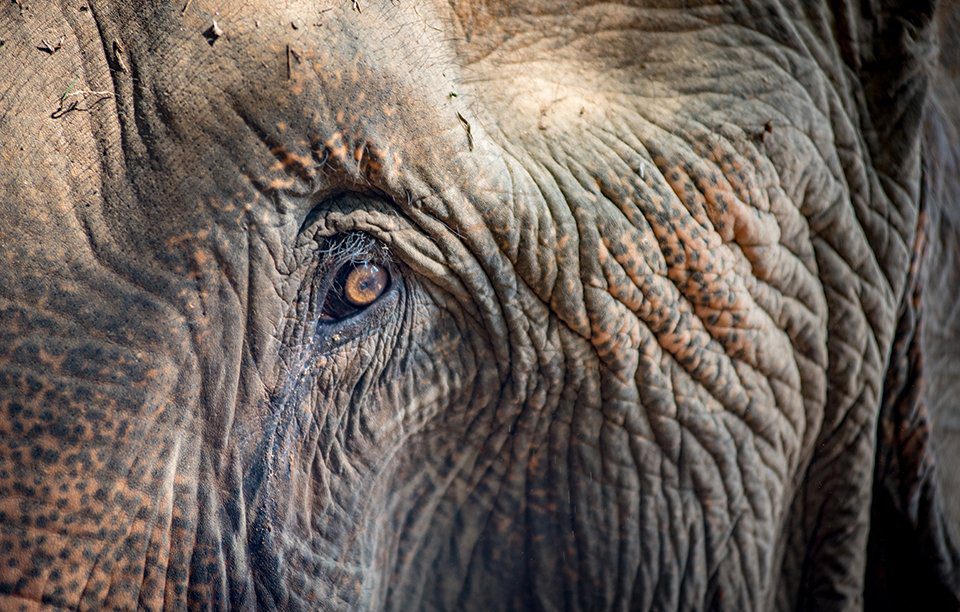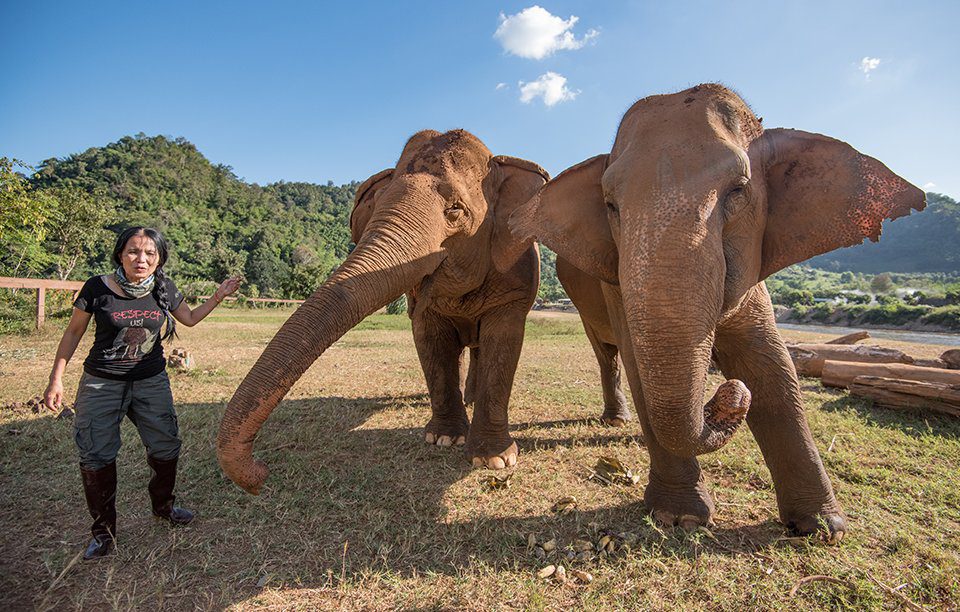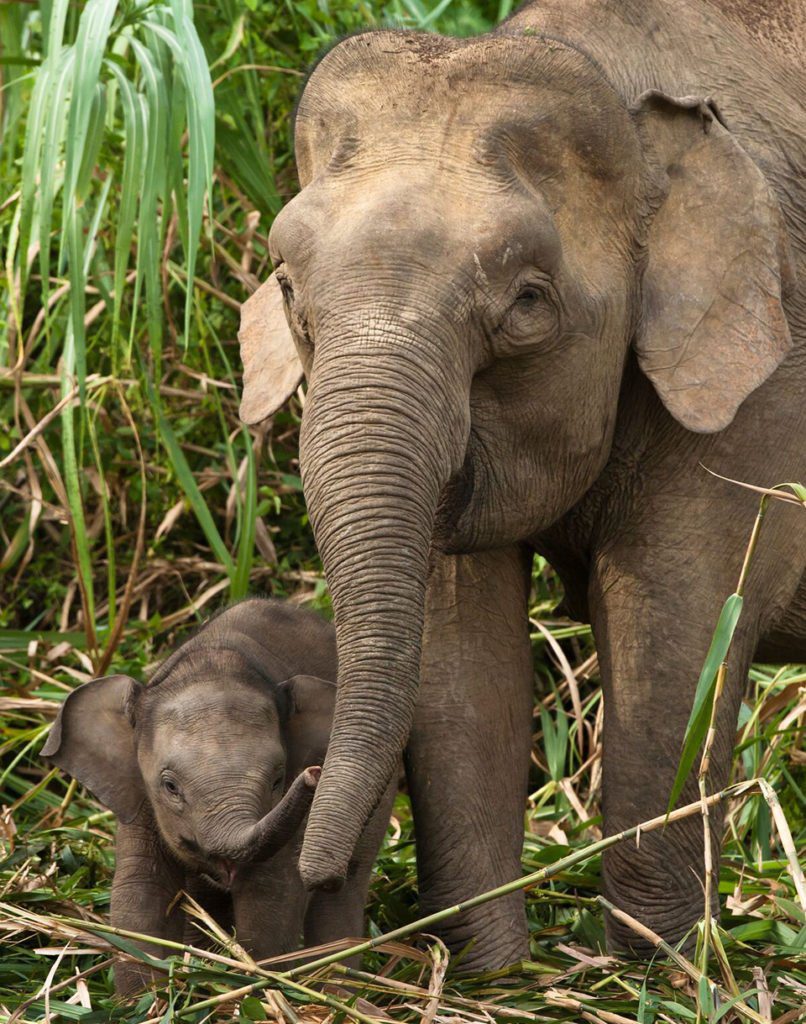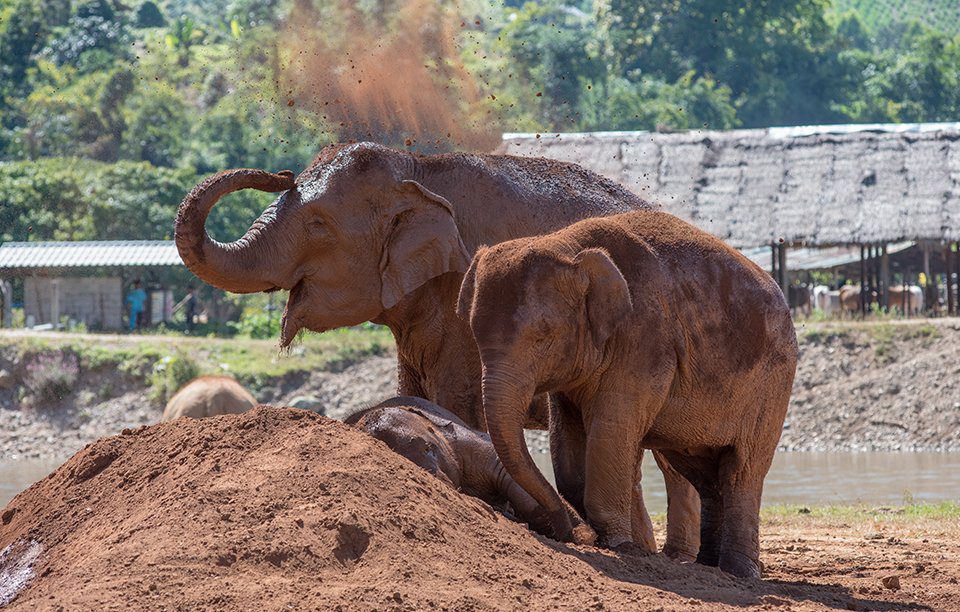Intrepid has launched a travel confessions campaign urging travellers to admit their ‘responsible travel mistakes’ in aid of World Elephant Day 2019.
Have you ever naively ridden an elephant on your travels? If the answer is yes, you’re certainly not alone and shouldn’t feel guilty about it.
In today’s responsible travel world, we’ve learnt that riding elephants along with any other exploitation or mistreatment of animals at venues such as circuses or theme parks, simply isn’t cool anymore.
To help amplify the message, global travel company Intrepid Travel has launched a new campaign to educate and raise awareness around one of today’s ethical travel dilemmas.

What’s the challenge?
According to PETA (People for the Ethical Treatment of Animals), Elephants are some of the world’s most abused animals when forced to entertain the public by “giving” rides.
Whether they are born in captivity or stolen from the wild, elephants must be emotionally and mentally broken before people can climb onto their backs. Elephants who are destined for this grim fate are doomed from the day they’re born.
Even though in the wild, elephant mothers are highly protective and youngsters stay with their families for years (females for their entire lives and males until their pre- or early teens), baby elephants are taken from their frantic mothers so that their independence and spirit can be broken.
Elephant camps throughout Cambodia, Thailand, Vietnam, and other Asian countries are notorious for duping the public into believing that their activities benefit elephants – often by claiming to rescue them or offer them “sanctuary” – but the reality is far darker.
Elephant rides are archaic and cruel, and they offer no benefit whatsoever to the ever-shrinking population of these endangered animals.

What’s the solution?
2019 marks five years since Intrepid became the first travel company to scrap elephant rides from its trips after research from World Animal Protection revealed animals suffering in terrible conditions. Since then, more than 200 other travel companies have followed suit.
The social media campaign will encourage the industry, influencers and consumers to share their confessions of activities they have done in the past while travelling that we have since learned are harmful, such as riding elephants or holding a tiger cub, using the hashtags #Stopelephantrides and #WorldElephantDay (12th August).
Intrepid’s senior team have kicked off the campaign by sharing their own travel confessions. James Thornton, CEO of Intrepid Travel, said: “You’re not alone if you’ve ever ridden an elephant – I did in Thailand in 2004.
“This isn’t about reprimanding anyone who has ridden an elephant in the past – we’ve all made mistakes. We’ve come a long way in the last five years, but there is plenty more that can be done. It’s vital that we keep the conversation going and continue to educate travellers about ethical animal tourism.”
James Thornton, CEO of Intrepid Travel

Meanwhile, Intrepid has added new elephant-friendly venues on its South East Asia tours, giving travellers more opportunities than ever to experience the animals in an ethical way.
From 2020, customers on Intrepid’s Laos trips will witness elephants roaming and swimming in their natural habitat at MandaLao, the first non-riding elephant sanctuary in Luang Prabang.
The venue, home to 11 elephants and 11 mahouts (elephant handlers), works closely with World Animal Protection to not only promote ethical animal care and educate tourists, but also provide jobs and training in the local community.
Intrepid’s non-profit The Intrepid Foundation is raising funds to help the organisation build a new night enclosure with mahout housing.
In Thailand, from next year travellers will be able to visit ChiangChill, an organisation that supports the protection, conservation and lifestyle of free-roaming elephants in the area. Travellers can observe the daily patterns of these jungle giants from a safe distance, to learn how they graze and socialise with their friends.
What will the positive impact be?
Education and awareness are at the core of all positive change. The more people that become aware of campaigns like this one means the message can spread further with the hope that this becomes the ‘new norm’.
It’s crucial to understand that this is a complex issue and one that involves everyone to solve it, including governments, and the local communities who for so long, have relied on elephant tourism as a main source of income.
It’s vital that an open-ended dialogue backed up with a strong show of disdain from travellers against elephant riding gives every opportunity for this change to happen.
Find out more:
https://www.worldanimalprotection.org.au/
https://www.peta.org/
https://mandalaotours.com/
https://www.intrepidtravel.com/au

How can you travel to change the world?
Congratulations! By reading this post and taking some of these insights on board, you’ve already made a difference.
Now you can easily create your impact by sharing your new-found knowledge with other friends who you think would also be interested.
Ultimately, responsible travel comes down to common sense – stay curious, keep yourself up-to-date with the challenges at hand and make yourself accountable for your actions on your travels.